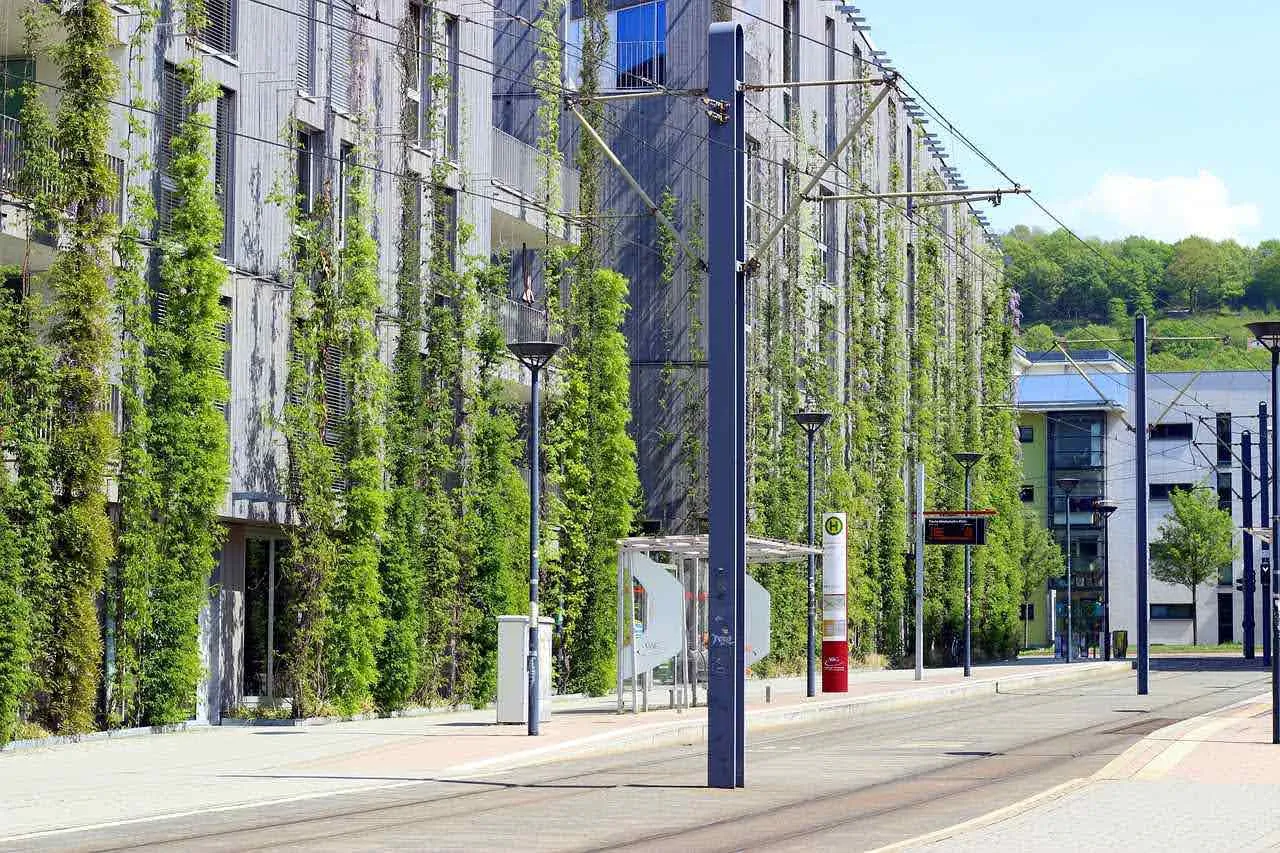Why Are Sustainable Cities Important?
Introduction
In an era marked by rapid urbanisation and environmental degradation, the concept of sustainable cities has emerged as a vital solution to the challenges faced by urban environments. Sustainable cities, designed with consideration for social, economic, and environmental impact, aim to provide a high quality of life for their residents while minimising their ecological footprint. This article explores the importance of sustainable cities, delving into their benefits, the principles guiding their development, and real-world examples of cities leading the way in sustainability.
The Necessity of Sustainable Cities
1. Mitigating Climate Change
Cities are significant contributors to climate change, accounting for over 70% of global carbon dioxide emissions. By adopting sustainable practices, cities can reduce their greenhouse gas emissions through energy-efficient buildings, renewable energy sources, and sustainable transportation systems. This is crucial for meeting international climate targets and ensuring a habitable planet for future generations.
2. Enhancing Public Health
Sustainable cities prioritise the well-being of their residents. Improved air quality, green spaces, and reduced noise pollution contribute to better physical and mental health. Access to clean water, nutritious food, and healthcare services also plays a pivotal role in enhancing public health.
3. Promoting Economic Resilience
A sustainable city fosters economic resilience by creating green jobs, supporting local businesses, and encouraging innovation. Investing in sustainable infrastructure and technologies can lead to cost savings and long-term economic stability, making cities more resilient to economic shocks.
4. Ensuring Social Equity
Social equity is a cornerstone of sustainability. Sustainable cities aim to provide equal opportunities and access to resources for all residents, regardless of their socioeconomic status. This includes affordable housing, quality education, and accessible public services.
Principles of Sustainable Urban Development
1. Efficient Resource Management
Sustainable cities optimise the use of natural resources, such as water, energy, and materials. This involves implementing recycling programmes, reducing waste generation, and promoting the use of renewable energy sources.
2. Integrated Planning
Integrated planning ensures that all aspects of urban development, including housing, transportation, and public services, are considered in a holistic manner. This approach minimises conflicts and promotes synergy among different sectors.
3. Green Infrastructure
Green infrastructure, such as parks, green roofs, and urban forests, enhances biodiversity, improves air quality, and provides recreational spaces for residents. It also helps manage stormwater and reduce the urban heat island effect.
4. Sustainable Transportation
A robust public transportation system, combined with infrastructure for walking and cycling, reduces the reliance on private vehicles. This not only lowers emissions but also promotes a healthier lifestyle.
5. Community Engagement
Engaging residents in the planning and decision-making process ensures that their needs and preferences are addressed. Community engagement fosters a sense of ownership and responsibility towards the city's sustainability goals.
Real-World Examples of Sustainable Cities
1. Copenhagen, Denmark
Copenhagen is often cited as one of the world's most sustainable cities. The city has ambitious goals to become carbon neutral by 2025. It boasts an extensive network of cycling lanes, energy-efficient buildings, and a commitment to renewable energy. The city's harbour, once heavily polluted, is now clean enough for swimming, highlighting Copenhagen's successful environmental initiatives.
2. Freiburg, Germany
Freiburg is a pioneer in sustainable urban development. The city has prioritised renewable energy, with a significant portion of its electricity coming from solar and wind power. Freiburg's public transportation system is highly efficient, and the city has numerous pedestrian zones and green spaces. The Vauban neighbourhood, a car-free district, exemplifies Freiburg's commitment to sustainability.
3. Singapore
Singapore has integrated sustainability into its urban planning and policies. The city-state has implemented innovative solutions to manage its limited resources, such as water recycling and desalination. Singapore's "Garden City" vision has led to the creation of numerous green spaces and vertical gardens. The city is also investing in smart technologies to enhance energy efficiency and reduce waste.
4. Vancouver, Canada
Vancouver is renowned for its commitment to sustainability. The city has set ambitious targets to reduce greenhouse gas emissions and transition to renewable energy. Vancouver's Greenest City Action Plan focuses on areas such as transportation, buildings, and waste management. The city is also promoting urban agriculture and local food production.
Challenges and Future Directions
Despite the progress made by sustainable cities, several challenges remain. These include the need for substantial financial investments, overcoming political and bureaucratic hurdles, and addressing social inequalities. Additionally, the impacts of climate change, such as rising sea levels and extreme weather events, pose significant threats to urban areas.
Looking ahead, the development of sustainable cities will require continued innovation, collaboration, and commitment. Emerging technologies, such as smart grids, electric vehicles, and sustainable building materials, hold promise for further reducing the environmental impact of urban areas. Furthermore, fostering a culture of sustainability among residents and encouraging sustainable lifestyles will be crucial.
Conclusion
Sustainable cities are essential for addressing the pressing challenges of the 21st century, from climate change to social inequality. By adopting sustainable practices, cities can enhance the quality of life for their residents, promote economic resilience, and protect the environment. The examples of Copenhagen, Freiburg, Singapore, and Vancouver demonstrate that it is possible to create vibrant, liveable cities that prioritise sustainability. As urbanisation continues to accelerate, the importance of sustainable cities will only grow, making them a vital component of a sustainable future.
References
For further reading, consider exploring the following resources:
- [United Nations Sustainable Development Goals](https://www.un.org/sustainabledevelopment/sustainable-cities/)
- [World Resources Institute](https://www.wri.org/our-work/project/sustainable-cities)
- [ICLEI - Local Governments for Sustainability](https://www.iclei.org/)
By implementing the principles of sustainability and learning from successful examples, cities around the world can pave the way for a more sustainable and equitable future.
























0 Comments:
Post a Comment